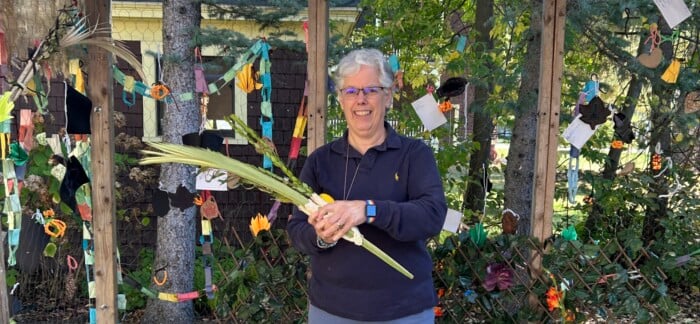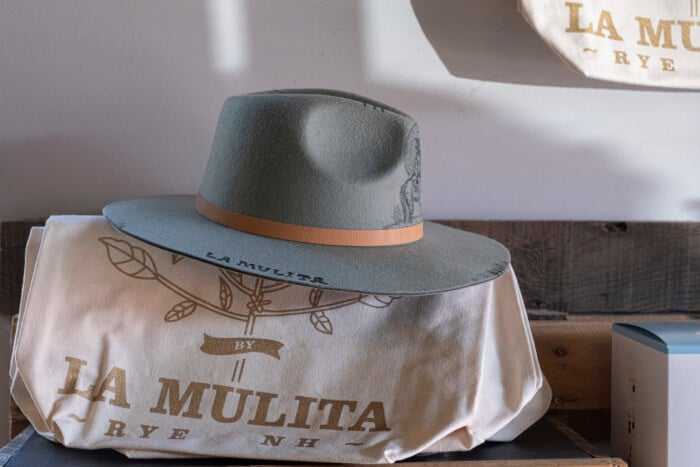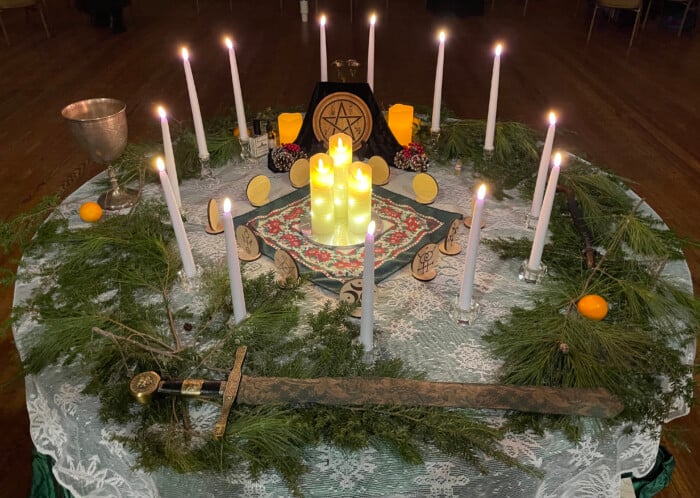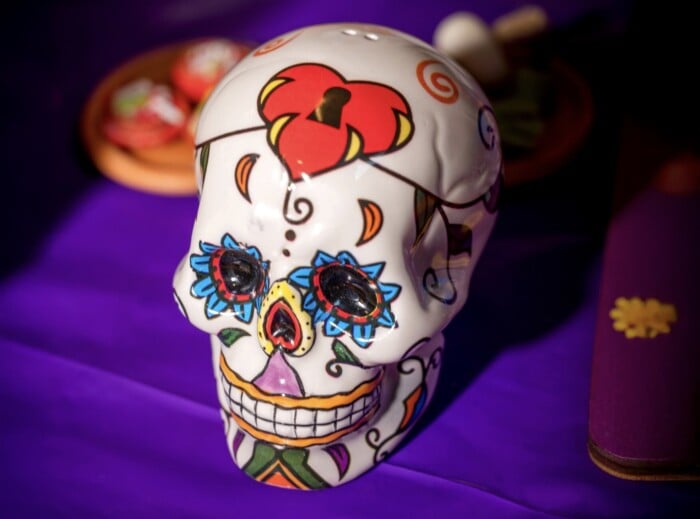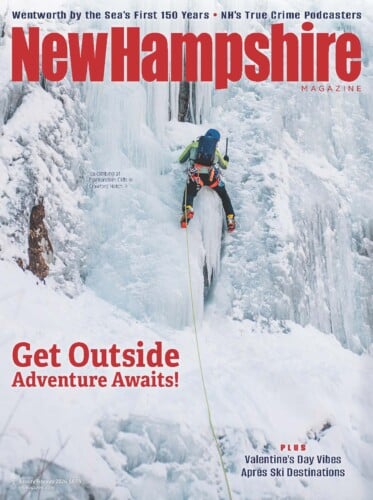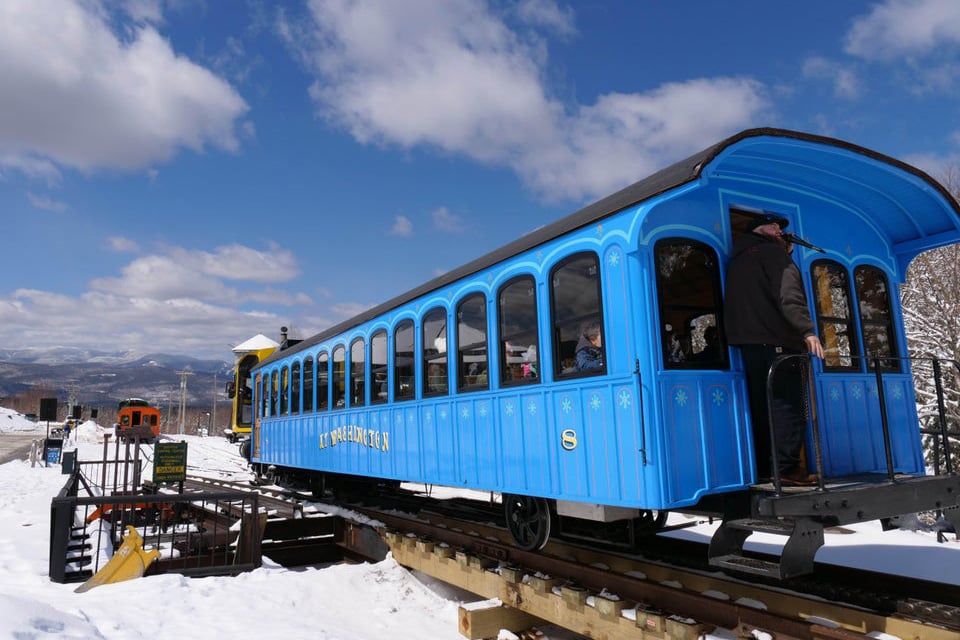Essay: Latino History Is American History Ideas for celebrating Hispanic Heritage Month
Whether it is taking a virtual museum tour to learn more about Latino history, supporting local Latino-owned restaurants or listening to the music of Latino artists, there are many ways you can celebrate Hispanic Heritage Month and immerse yourself in our rich culture.
I identify as Cuban-German American. My father immigrated to the United States from Cuba when he was 18, and my mother immigrated to the United States from Germany when she was three. I had the privilege of growing up in a multicultural family where being Latino was celebrated, and I was encouraged to learn Spanish and connect with my Cuban heritage and family. I’m grateful for growing up with Spanish-speaking caretakers, visiting Cuba and meeting several family members.
One thing I didn’t grow up celebrating or learning much about in school, however, was Latino history in the United States. Indeed, many of the great figures some American historians have chosen to cast as history’s protagonists rarely have names like Garcia or Rodriguez. As a result, it can be easy for some to assume that the story of Latinos in America is somehow separate from the story of America, but it is crucial to remember that Latino history is a critical part of American history.
Many Latino figures were integral to the founding of our nation. For example, the Spanish-born naval officer who served in the American Revolution, Jorge Farragut (born Jordi Farragut Mesquida), or his son David Farragut, who was a Union Navy officer during the Civil War and later became the U.S. Navy’s first admiral. Or Luis de Unzaga y Amézaga, the governor of Spanish Louisiana who provided early support to the Continental Army by covertly sending supplies and intelligence. To truly celebrate American history, we must celebrate how much Latinos have contributed and continue to contribute to that history.

Hispanic Heritage Month, also referred to as Latino Heritage Month, recognizes the accomplishments and rich history of the Latino community within the United States from Sept. 15 to Oct. 15. It was first celebrated as Hispanic Heritage Week in 1968 under President Lyndon Johnson. In 1988, President Ronald Reagan helped expand Hispanic Heritage Week into a 30-day recognition by signing it into law. Hispanic Heritage Month is celebrated during the months of September and October to coincide with independence celebrations in several Latin American countries.
The Latino community is woven inextricably into the fabric of our American culture. According to the 2020 U.S. Census Bureau data, Hispanics and Latinos comprise more than 19% of the U.S. population, making us the largest ethnic minority in the U.S. According to the same census data, there are more than 63,000 Hispanics and Latinos living in New Hampshire. Data from the New Hampshire Center for Justice and Equity show that the Latino population in New Hampshire has grown by more than 60% in the past decade.
Here are some recommendations for celebrating Hispanic Heritage Month in New Hampshire:
- Visit a virtual Latino history exhibit
The new Smithsonian National Museum of the American Latino advances the representation, understanding and appreciation of Latino history and culture in the United States. While the Smithsonian is currently in the process of securing its own building, there are several ways to engage with the museum. The Molina Family Latino Gallery at the National Museum of American History is the first Smithsonian exhibit dedicated entirely to Latino contributions to the United States. A virtual self-guided tour of the inaugural exhibit ¡Presente! can be viewed online. You can support the fundraising for the new building at latino.si.edu/donate. - Practice your Spanish
There are several ways to engage with other Spanish speakers through the state. “Latinos en New Hampshire” is a Facebook group for Latinos and others interested in speaking Spanish with people throughout the state. There are even more localized groups online. You may also wish to take a Spanish course with one of the many apps or online resources available. - Support Latino-owned businesses
Odysea Coffee Roasters in Bristol near Newfound Lake is one of my favorite places to get coffee in the state. They source their coffee beans from co-founder Francisco Galeano’s family farm in Honduras. They also serve delicious food for breakfast and lunch. This Hispanic Heritage Month, Plymouth State University is collaborating with Odysea Coffee to introduce students to quality, craft coffee that is ethically sourced.Another one of my favorite spots in New Hampshire is Casamigos Mexican Restaurant in Tilton and Concord. They serve a variety of authentic Mexican dishes and drinks, and I’ve never been disappointed with what I’ve ordered. My wife and I often like to share the Molcajete. They are opening a sister restaurant, Casa Lago Cantina, in Tilton.Arándano Farm in Belmont offers organic-fed, pasture-raised chicken, grass-fed pork, eggs, naturally grown vegetables and microgreens. Co-owner Angela also owns Gluten Free or Die Bakery. Both businesses can be seen at several farmers markets.
- Read a book from a Latino author
Some of my favorite Latino-authored books include Gabriel Garcia Marquez’s “Cien Años de Soledad” (100 Years of Solitude), Paul Ortiz’s “An African-American and Latinx History of the United States,” and Carlos Eire’s “Waiting for Snow in Havana.” Penguin Random House also has a great curated list of books to read for Hispanic Heritage Month, which includes “The Vanishing Maps” by Christina Garcia and “Solito” by Javier Zamora. - Listen to music from Latino musicians
Oftentimes, when people think about Latin music they think about dancing music like Cumbia, Reggaeton and Salsa. But some of my personal favorite Latino musicians include José González, No Te Va Gustar and Euge Grosso. These artists expand the definition of what “Latin music” can be. - Watch a movie about Latino lives
One of my favorite recently released movies, “La Sociedad de la Nieve” (Society of the Snow), shares the incredible true story of the Uruguayan rugby team whose plane crashed in the Andes Mountains in 1972. Those who survived the crash worked together to stave off frigid temperatures and starvation while stranded in the mountains. Other great films include the biopic “Selena” (1997) and the coming-of-age romantic comedy “Música” (2024). At Plymouth State University, we are planning to host a movie night for students as part of Hispanic Heritage Month.
As you celebrate Hispanic Heritage Month this year, remember that Latino history is American history.
This article is featured in the fall 2024 issue of 603 Diversity.
603 Diversity’s mission is to educate readers of all backgrounds about the exciting accomplishments and cultural contributions of the state’s diverse communities, as well as the challenges faced and support needed by those communities to continue to grow and thrive in the Granite State.


